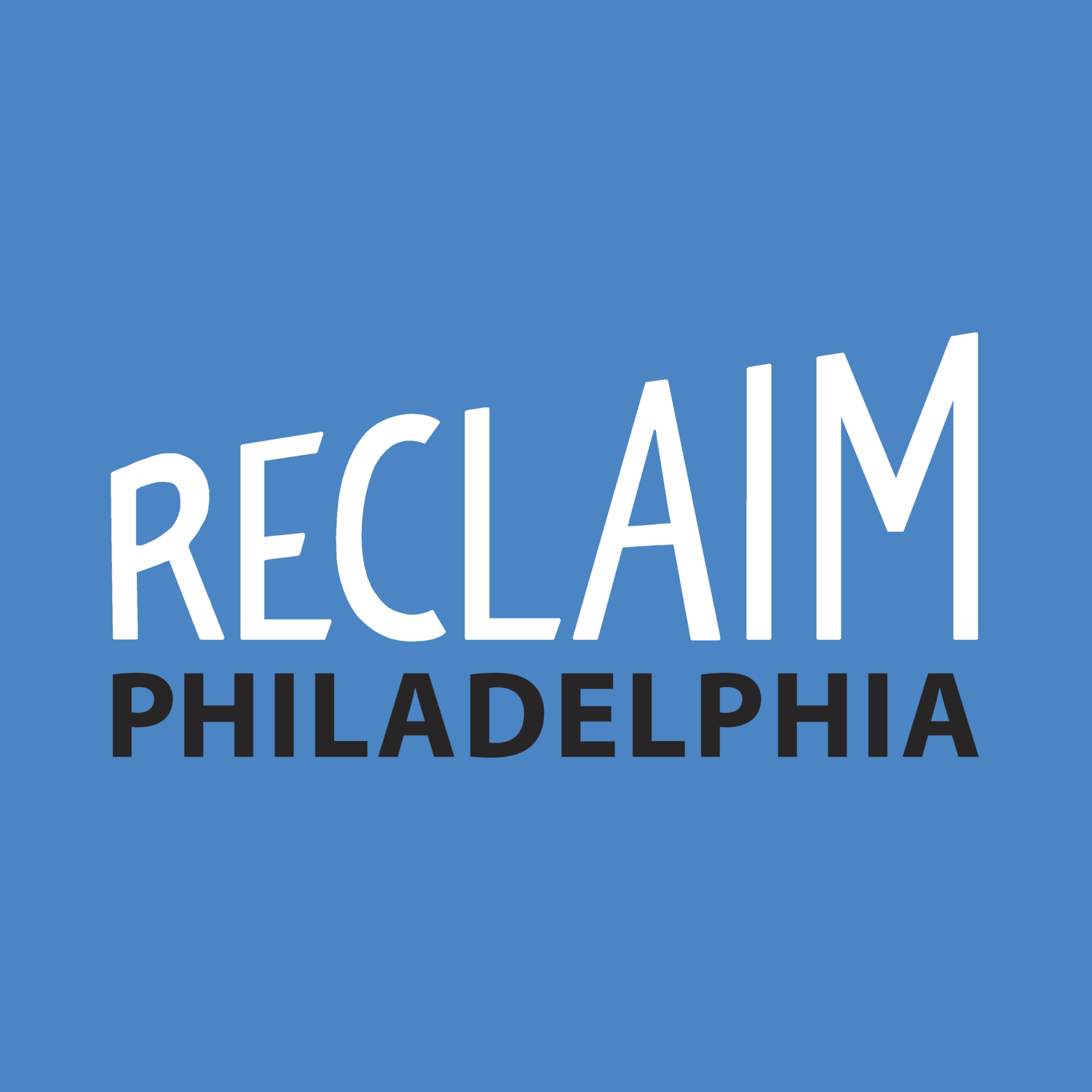What is Austerity?
What is austerity?
You might have heard this term recently in relation to our local government. “Austerity” refers to governments attempting to reduce budget deficits by cutting public spending. It’s something that seems to make sense to most: it’s irresponsible to spend money you don’t have. That’s how we think about budgeting as individuals, so why shouldn’t governments function the same way? Recently, Mayor Jim Kenney has also championed this view, proposing sweeping cuts to the City budget, including eliminating seasonal library workers, the city’s Cultural Fund, and cutting recreation center hours. This is the first of a two part series on austerity. Part one discusses the impending austerity facing Philadelphians. Part two will go over the history of austerity.
Austerity thinking, while seemingly intuitive, suffers from significant flaws, and ultimately ends up benefiting the rich and oppressing the rest of us. First, most individuals, organizations, and governments do spend money they “don’t have” for the purpose of investing in themselves or others: almost half of all Americans attending college take on student debt, corporations need investors to grow, and governments need to print or borrow money in order to make the public investments necessary for a thriving society. As the poorest big city in the country with the lowest minimum wage, Philadelphia desperately needs public investment.
Second, it’s not true that our City has no money and lacks the means to raise the funds without slashing the programs that our Philly’s working people rely on. Member organizations of the Alliance for a Just Philadelphia recently published an open letter to the Mayor’s office and City Council asking them to enact progressive revenue options before placing the pain of austerity on the working class yet again. These revenue options include low interest borrowing from the Federal Reserve (which is currently carrying out an unprecedented program of direct lending to municipal governments precisely to prevent austerity!), taxing the rich, making businesses pay their fair share, and making big “nonprofits” contribute to the City they benefit so richly from. These cuts are particularly appalling in light of Council members attempting to push back the crucial closing of property tax loopholes exploited by big developers.
Third, austerity hurts all of us in both the short and long term. In the short term, reduced programming means those who rely on libraries, rec centers, public art, and other public amenities lose access to basic modern necessities, and harming working parents and communities of color the most. Austerity hurts working people in the long term too: to this day, we still haven’t recovered from austerity imposed from the 2008 financial crisis. Those budget cuts closed 23 schools, around 10% of Philly’s total, and studies have found the displaced students were the most hurt by closures. Today, as a result of perennially leaving public education on the chopping block, Philadelphia has among the highest teacher turnover in the country, destabilizing the lives of our young people, which in turn leaves all of us worse off.
What can you do to combat this? Call our Mayor’s office and City Councilmembers to urge them to not impose more austerity on our working class by adopting the revenue proposals in the letter above by taxing those who can afford it and seeking federal and private sector funds. You can also sign up to testify at the public hearing on June 9th. We must act now to prevent these cuts from hurting our future.
